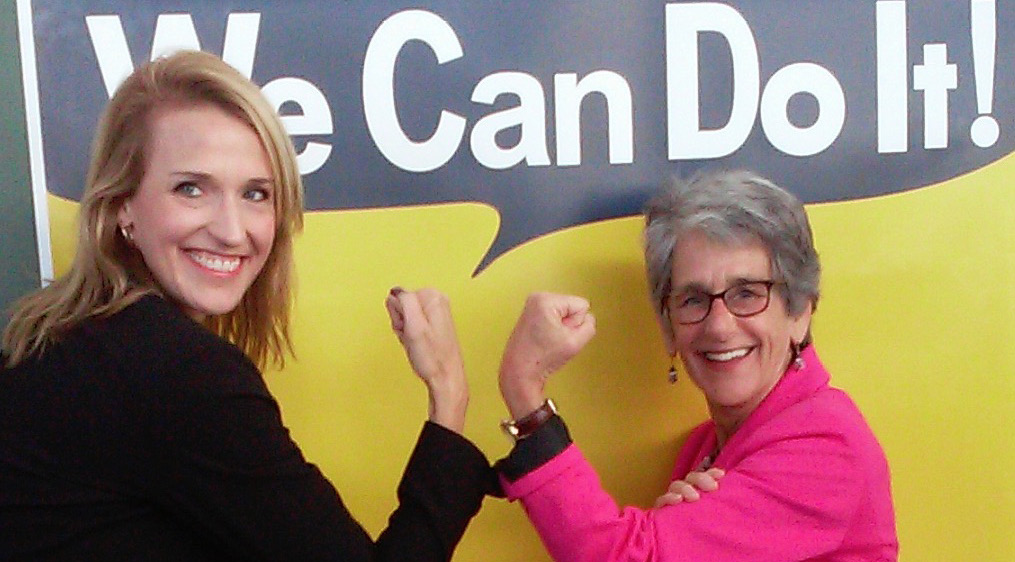A California Chamber of Commerce-supported bill that seeks to eliminate pay disparity based on gender was signed by Governor Edmund G. Brown Jr. on October 6.
SB 358 (Jackson; D-Santa Barbara), which received overwhelming support in both houses as it moved through the Legislature, will ensure that women are paid equally for work that is substantially similar to the work of their male colleagues, and are not retaliated against if they discuss or ask how much their male colleagues are paid.
“Equal pay for equal work, regardless of gender, shouldn’t be an issue in California,” said CalChamber President and CEO Allan Zaremberg. “We applaud the Governor and a bipartisan vote in the Legislature for establishing this fundamental tenet in statute and providing guidance to employers to determine appropriate wages for non-gender-related reasons that allow employers to effectively manage their workforce.”

More Clarity
Equal pay for equal work has been the law in California for decades. SB 358 provides clarity on ambiguous provisions that will help California employers avoid costly litigation.
• First, the term “equal” has proven too rigid and in limited cases, created absurd results that have provided a false sense of security for employers to justify a wage differential. Some employers have actually interpreted the term “equal” to mean absolutely identical job duties and title, and pay men a higher wage than women on minor variations.
This was never the intent of the law and certainly is not how the federal counterpart, Equal Pay Act, or similar anti-discrimination laws have been interpreted with regard to wage discrimination.
SB 358 modifies the term “equal” to “substantially similar” in order to emphasize the intent and application of the law.
• Second, SB 358 defines the term “bona fide factor” to provide further guidance to employers regarding the bases that can legitimately justify a wage differential such as education, training, and experience.
While some have commented that SB 358 removed work performed on different shifts or in different establishments as a justification for a difference in pay, it did not, as specifically set forth in Senator Hannah-Beth Jackson’s letter to the Senate Daily Journal on May 26, 2015.
Fair Balance
Overall, SB 358 creates a fair balance between ensuring employees receive the same wages for the same work regardless of their gender, while also allowing an employer to continue to manage its workforce and determine appropriate wages for non-gender-related reasons.
The law will go into effect on January 1, 2016.

